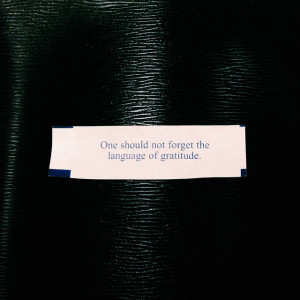The other day I talked about the different types of perspectives we have (some we choose, some that choose us). So much of what we see is based on our story, where we come from.
Wendell Berry says it well, how is it that we can know where we are going if we have not figured out where we have come from?
So much of conflict in our relationships comes from our own personal conflict DNA: The physiological makeup of our being combined with our emotional makeup. If you watch a newborn baby, they will respond to what they see in their mom as she looks at the baby. The mom smiles, the baby smiles back. The baby mirrors what they see, they don’t yet have an identity.
The same is true for our conflict styles. We are often mirroring what we have seen, and have yet to develop our own way of handling conflict.
What did you learn about conflict from your childhood home?
How are you continuing that legacy today?
What place (if any) did emotions have at home?
You can’t change what happened to you as a child, but you can change how you navigate your relationships today. They don’t have to be the same.

